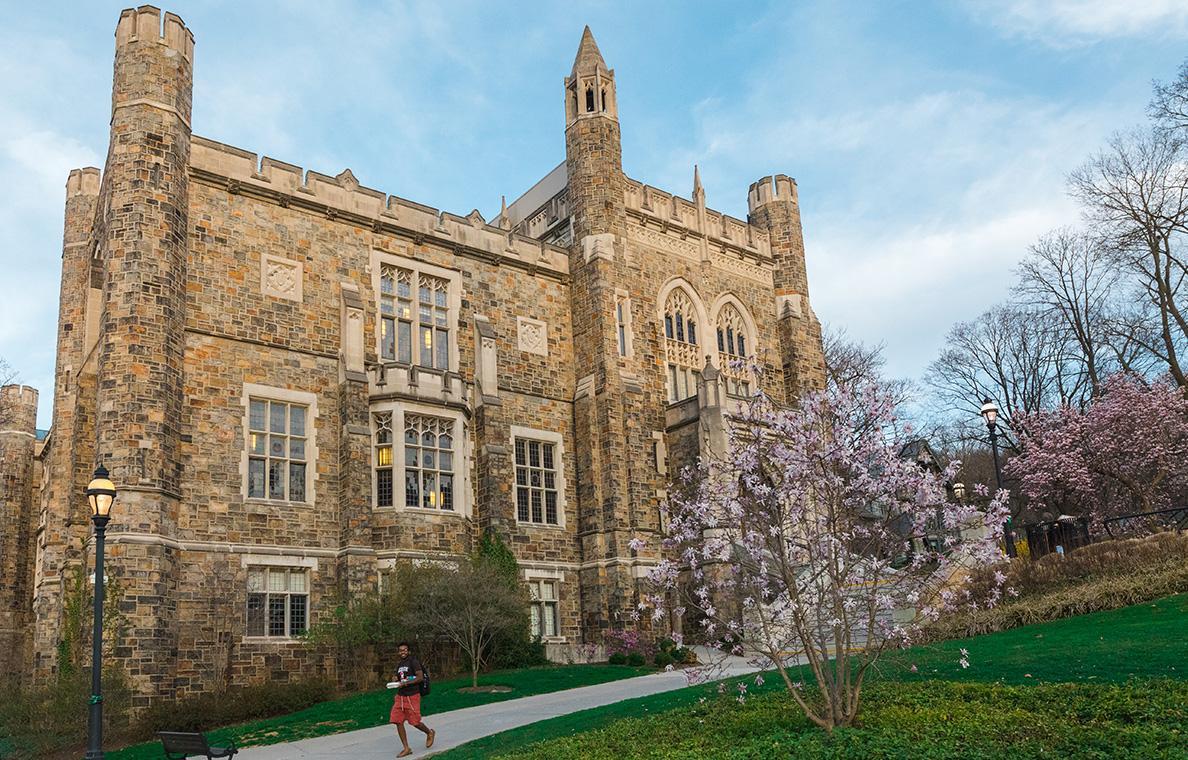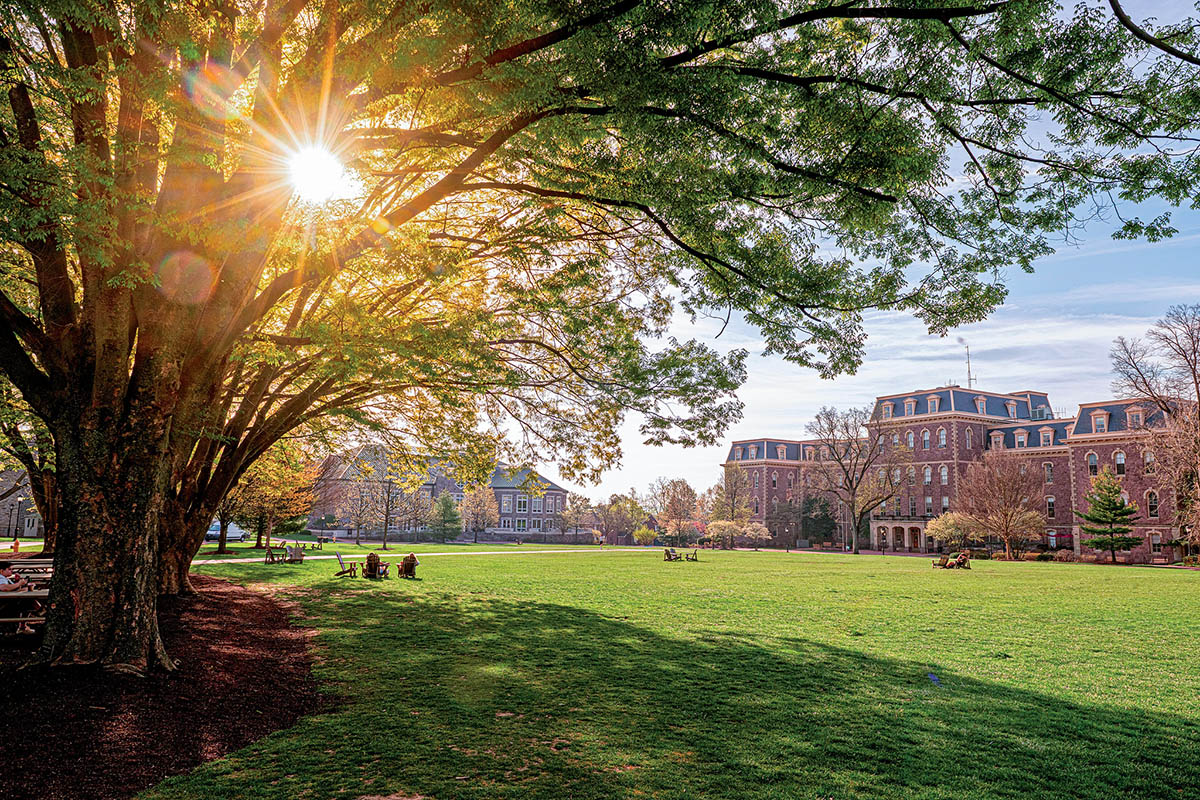Lafayette College ranked 30th among liberal arts colleges in the recently published 2024 U.S. News World Report rankings of higher education institutions. The college rose nine spots from last year’s list after U.S. News made changes to its criteria.
Lafayette was also ranked 20th among the best engineering programs and sixth in civil engineering programs at undergraduate-only institutions.
“I think the biggest change I’ve seen in U.S. News’ philosophy is a subtle shift from essentially assessing the quality of students a school matriculates, to the value a school can add to those students,” Simon Tonev, Lafayette director of institutional research, wrote in an email. “I think U.S. News took a lot of heat for giving short-shrift to the potentially transformative power of higher education, so introducing factors like social mobility was an attempt to respond and correct for that particular blindspot.”
According to its website, U.S. News increased the value of factors such as how often students from all socioeconomic backgrounds, such as Pell Grant-eligible students, earned degrees. Some ranking factors, such as class size and alumni giving rates, were removed due to criticisms directed toward U.S. News.
Forrest Stuart, the vice president for enrollment management, criticized the rankings for not being more inclusive – national rankings of colleges account for first-generation students, while liberal arts-specific rankings do not.
“I think their measure, while well-intentioned, is limited because they only look at Pell Grant recipients,” Stuart wrote in an email. “There are many lower-income students who miss the Pell eligibility threshold but are still very needy and are very successful. As far as diversity, we can be proud [of] how we educate and serve students from all … backgrounds.”
Caroline Lee is a sociology professor who teaches patterns of human behavior. She said that the updated rankings can cause a “self-fulfilling prophecy” wherein more students apply because of them, causing the rankings to rise.
“[An increase in rank is] going to change people’s behavior,” Lee said. “People who didn’t look at Lafayette before are now going to look at [it]. We’re probably going to see an increase in applications. Those increases in applications make us more selective. [If] selectivity goes up, then we would move further up in the rankings.”
College president Nicole Hurd emphasized that a higher college ranking could elevate Lafayette’s prestige in the eyes of graduate schools and employers.
“I … think part of my job as President is to make sure that the outside world understands how strong our faculty, staff and students are, and what the value proposition of a Lafayette degree is,” Hurd said. “I’m very excited about this because it illuminates what everyone on this campus knows, which is [that] our students are fabulous, and our faculty and staff are supporting them and challenging them and lifting them up in really important ways.”
Tonev believes that the changes will positively impact Lafayette, but that current students won’t be majorly affected by the updated rankings.
“Lafayette is generally the same place today [as it] was a year ago,” Tonev wrote. “However, for good or for ill, a well-ranked school may be seen differently by potential employers, graduate advisors [and] colleagues than a lower-ranked school.”
Madeline Marriott ’24 contributed reporting.
























































































































